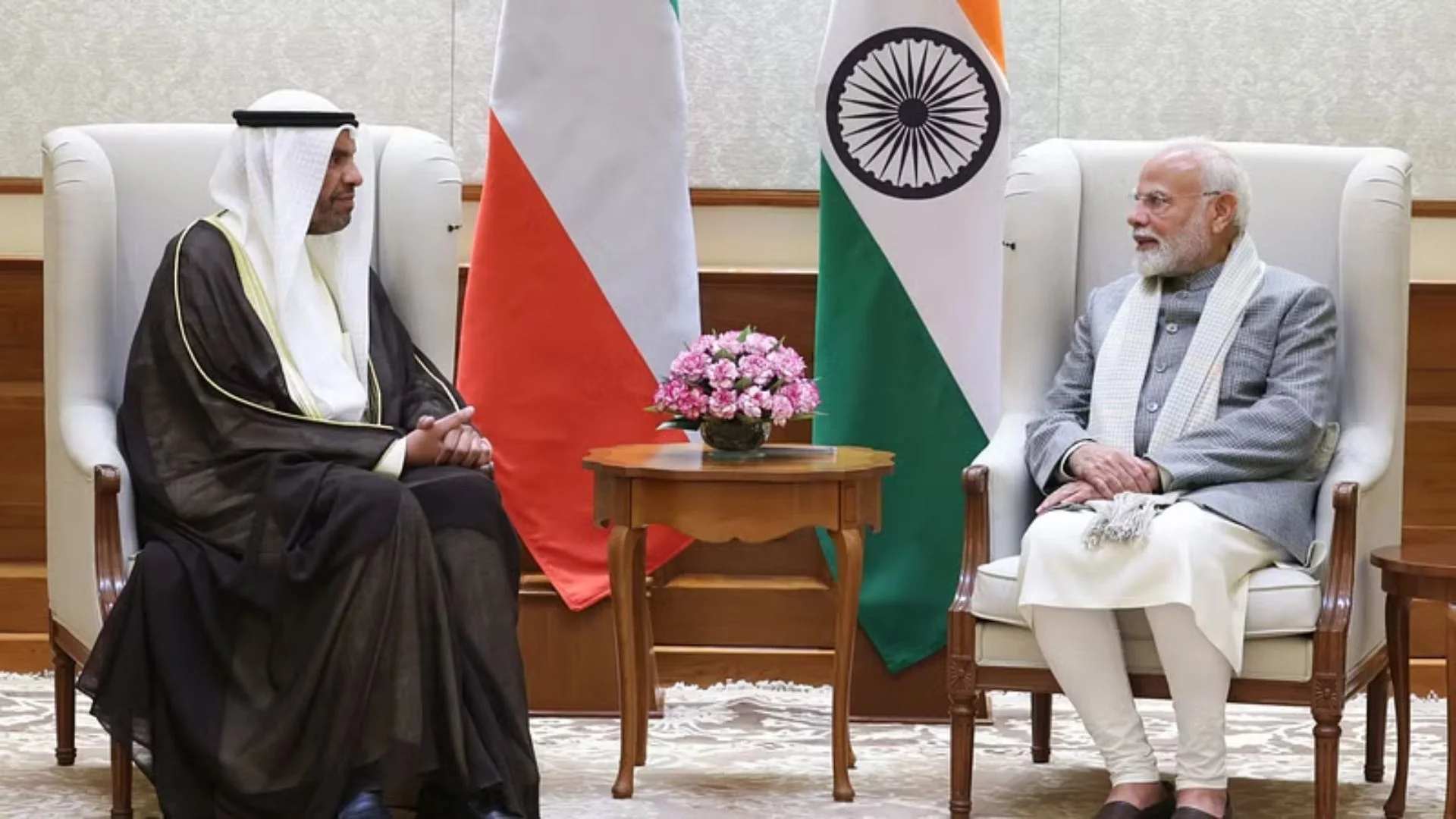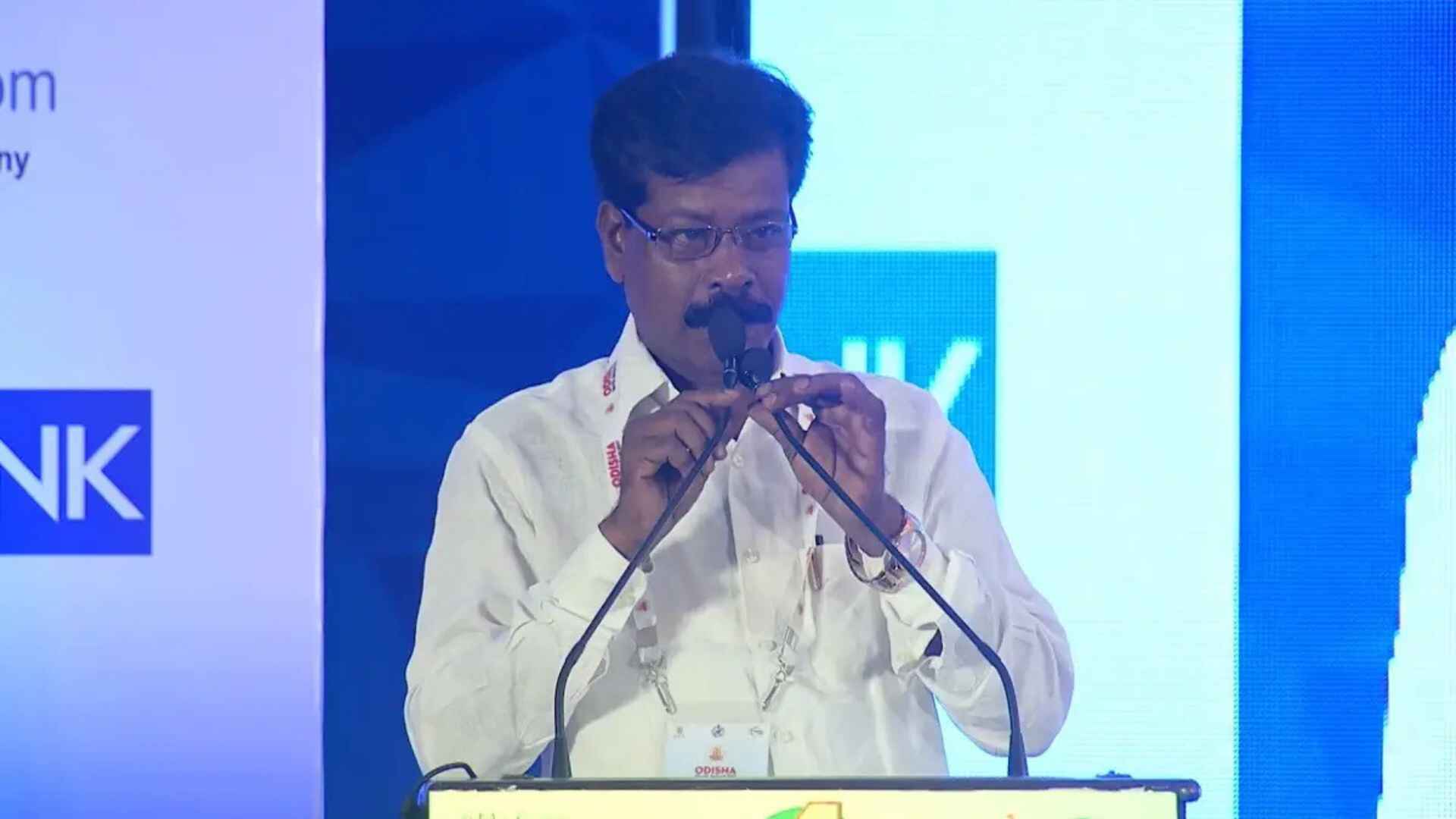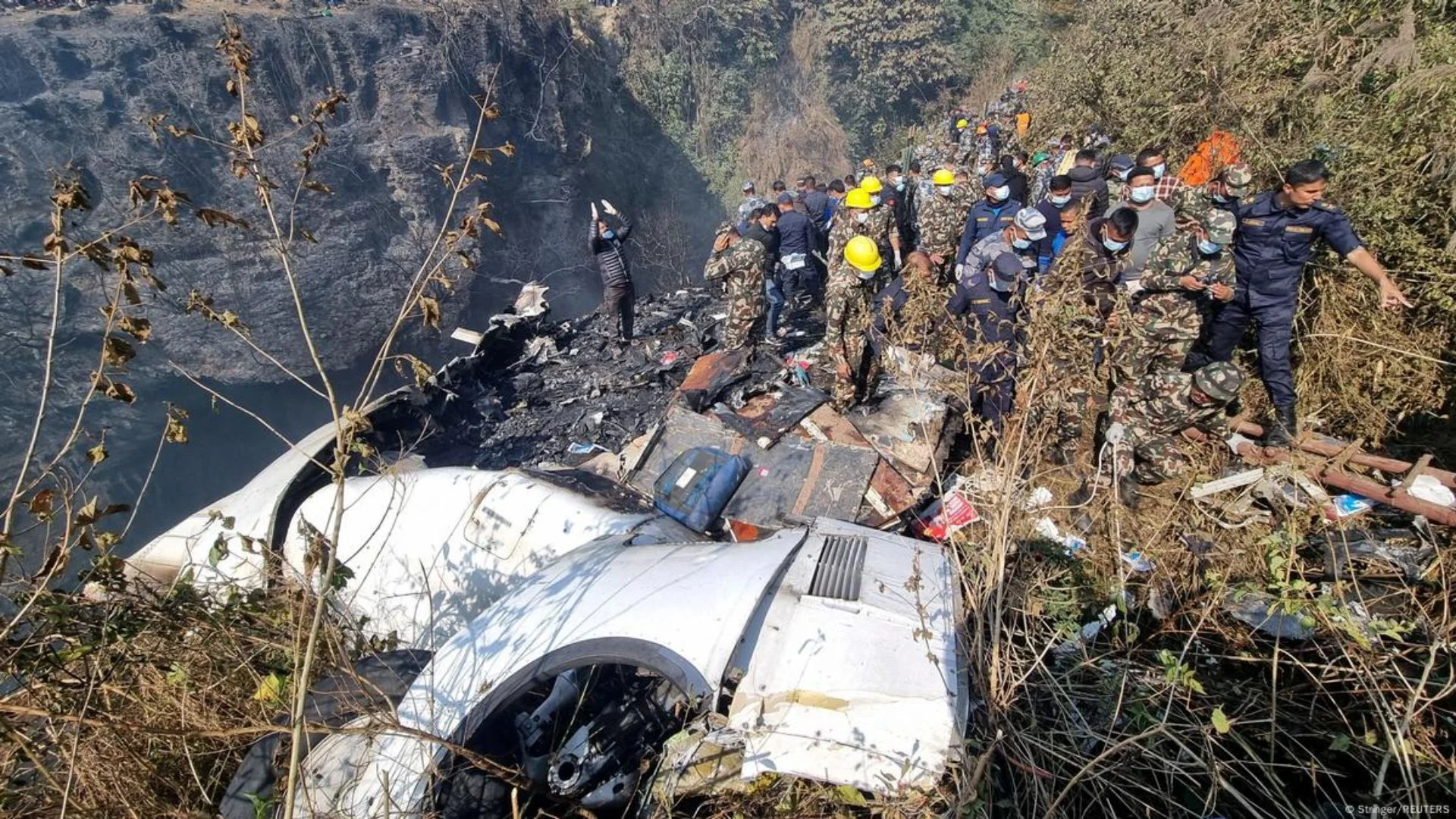I n the new geopolitical dynamics, where focus shifts from West to East, the meteoric rise of India, strikingly similar to China’s about 15-20 years ago, has caught many eyes worldwide, to acknowledge the new leader in the making. Be it the intense commercial competitiveness to be in the elite league of powerful nations as we saw in the last UN General Assembly session in September 2019, or be its fast growing global acceptance as a reliable strategic partner in trade, defence and security and the tenets or its “intrusive pan-power blocks diplomacy” gaining acceptance, India of today stands at the cusp of scripting a new world order. India’s handling of the latest corona pandemic showcases its new stature and acceptability worldwide as a mature leader in the making, a reliable diplomatic partner and a “friend in need as it turned out to be for many, by shipping emergency medicines and health kits”.
Interestingly, India doesn’t have the foreign exchange reserves of China, still it can counter it; it can take along the US and Russia on defence deals and manage both, for now; imports oil from Iran and still skips US sanctions, signs an energy deal with the US and eases trade frictions; isolates Pakistan and still finds strong allies in the Muslim world. Call it by default or by deed, India appears to be a strong contender to rule the new seat of power with its capital in the East and region of influence spread over from the Indian Ocean to the Indo-Pacific. But are we ready for the crown? Not yet. The house is still not in order to meet the global standards of markets, investments, labour and land reforms so as to suit foreign firms, and to top it all—a blueprint to lead in the global markets. History shows that since the age of the Bronze Civilizations to the age of the Crusades leading to the rise of the Ottoman Empire, those who controlled the markets ruled the seas and the world. Today is no different. Bluntly saying, we miss our self-belief even as the world shows confidence in us and is knocking at our doors with investment prospects in those hundreds of new firms waiting to open shops in India, robbing China of millions of dollars. The national media and economists have not left any primetime debate and print space to forecast that “this is the time for India”.
“Sorry, we haven’t heard that,” comes the answer from the bureaucracy and top policymakers at the Raisina Hills, who do not seem to be in sync with Prime Minister Narendra Modi’s dream, vision and pace for making India a $5-trillion economy. We are still in the “China chanting” mode as we have been always and are still dependent on the Dragon for most of the items we need. This comes from our easyprofit, attitude as most traders buy cheap and in bulk from China, to make a modest profit without taking the hassles of running factories and labour establishments in India. But this, in the long run, defeats the very essence of the “Make In India” dream. This was realised only when even our normal supplies of hand wash, sanitizers, masks and PPE kits could not be made available locally for almost a week to 10 days during the first phase of the corona pandemic gripping the country. The over-dependence on China for even basic essentials has not only crippled our ability to produce, but also held us hostage to an alien economy thriving on sub-standard production and currently facing the global heat for allegedly “unleashing the virus on us”.
At times, I am frustrated for not finding the reason for our sitting on opportunities and not taking the challenges thrown at us. We still are not ready to come out of the Dragon’s shadow as a “manufacturing hub” and move to create one of our own, promising millions of jobs and new markets for the West in waiting. From the US to Europe, to many in the Asia-Pacific region like Australia, Japan and South Korea, the latter being averse to doing business with China, many are looking at India as the best option to do business. How many opportunities does the country want to waste? My pessimism is about our “sleeping over attitude”. Have we done anything to encash from the nearly year-long trade spat between the United States and China?
How many dollars did we make during that period from there? None. In fact, we made Indo-US trade relations even more contentious during that period. Despite the entire world looking India to open up to fill the vacuum left due to the “global boycott of China”, the body language shows no sign of being investor-friendly— an open, transparent and robust market economy waiting to accommodate the new global demands and one at par with meeting the best standards of business in terms of accountability and market regulation. The last few conditions become more urgent and significant in the light of many emerging economies like Vietnam, Cambodia, Thailand and even Bangladesh offering cheap, robust markets and land to open manufacturing hubs for the western countries. India still commands the goodwill, the leadership stature and a stable democratic government. What it needs is doing away with the “Permit Raj”, bureaucratic hurdles, corruption at the lower levels—and as murmurs in foreign firms say, even some of the state government establishments demand “bribes” to allow the opening of factories.
Dealing with potential investors, our revenue collection system must understand what is fairness, equity and morality. In these times of grave economic crisis because of the Covid-19-triggered lockdowns the world over, we are jumping with joy gracelessly at the global discomfiture of China, which is being blamed for the spread of Covid-19, and making fanciful surmises how foreign investors will queue up at our doorstep to be allowed to invest in our land. We have no policy in place, we have fooled ourselves with specious upgrades in ease of doing business without looking at the ground realities—a heartless revenue fleecing system, poor land management and utilization policy, slow and arduous judicial processes and mercurial fiscal regime which gets changed through indigenous provocation.
Can we do global business with these inherent attitudes? Perhaps not. And also not with at least 56 permits and months of negotiations to open a hotel, while in Singapore it takes just six hours and a single permit to do the same. In China, one can open a factory in six days, while in India one cannot clear the land in six months, leave aside laying the foundation stone. That “unseen ease of doing business” got all going to China. A new structuring of land and labour is what is needed to urgently suit foreign firms, where India would be bargaining hard for its own employment generation. Can we do that with bargaining for what we have in hand? No. We have to make up our mind this time. Do we really want to take the bus to global markets this time? Move on, India. Maximising the real potential of Make in India is the beginning of New India—the seat of a global empire rising in the East!







